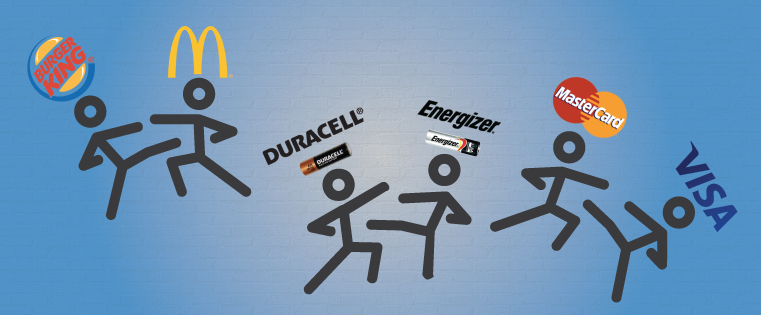 Consumer loyalty is a rich and complex subject.
Consumer loyalty is a rich and complex subject.

There is no shortage of theory, opinion, and data on the subject. Every day, new infographics, charts, and statistics are released -- often offering contradictory points of view. This is because the notion of loyalty has broad definition and interpretation. The word literally means “a devoted attachment to something or someone.” There has been an attempt to capture this in business through loyalty programs and by brand building. Both are strategic tools used to attract and retain customers.
The next frontier is the intersection of branding and loyalty. We discovered this to be true from the results of our annual Loyalty Report. One of the more fascinating proof points is that 29% of consumers would not be loyal to a brand if not for its loyalty program. This reveals a few different considerations. It may suggest that loyalty programs are a form of inducement to tether consumers to one brand. More importantly, it tells us consumers see greater value in an exchange that recognizes and rewards the relationship.
Consumers are increasingly sophisticated in the purchase process, according to research at Bond Brand Loyalty, with 46% modifying brands they buy to maximize loyalty benefits. This supports findings from Nielsen and EY that have reported on the decline in trust of advertising and decreasing loyalty to brands.
Businesses have noted this with concern. Yet, instead of investing in customer retention, they plow their marketing spend into broad awareness efforts. This expensive flurry of activity only contributes to the white noise of advertising and promotion consumers are inflicted with daily. Instead of achieving differentiation, these brands get lost in the clutter.
For some reason, professional marketers have forgotten what it is like to be a consumer. This is shocking, given that we all make at least a handful of purchases every day, ranging from an innocuous pack of gum to the rational and irrational decision of buying a car. As a consumer, I am completely willing to be loyal to a brand if it satisfies certain conditions. What I purchase has to meet both my needs and wants. The attributes need to deliver functionally, practically, and emotionally. If this is done consistently, with pleasant surprises along the way, I am increasingly predisposed to the brand.
Yet this does not guarantee loyalty. Like all consumers, I can be fickle and have price considerations. This is where brand loyalty plays its critical role. The information that companies now capture on consumer behavior, habits, and purchase decisions must be used constructively and creatively to ensure the brand is as relevant and valuable as possible at all times. Brand loyalty helps smooth the inevitable ups and downs in the relationship between consumer and brand (and what relationship doesn’t have its ups and downs?).
Consumers want to be loyal but must be given a reason. An Accenture study found that 85% of consumers wanted companies to do a better job of recognizing and rewarding them for doing business together. Brands need to do this because loyal customers spend 67% more than a new one. Marketing that is solely focused on one-time acquisition is doomed to fail.
Brand loyalty is not a hollow phrase, fad, or marketing tactic -- it is the art and science of finding the mutual benefits in the relationship. And enduring relationships are what businesses need now more than ever.









